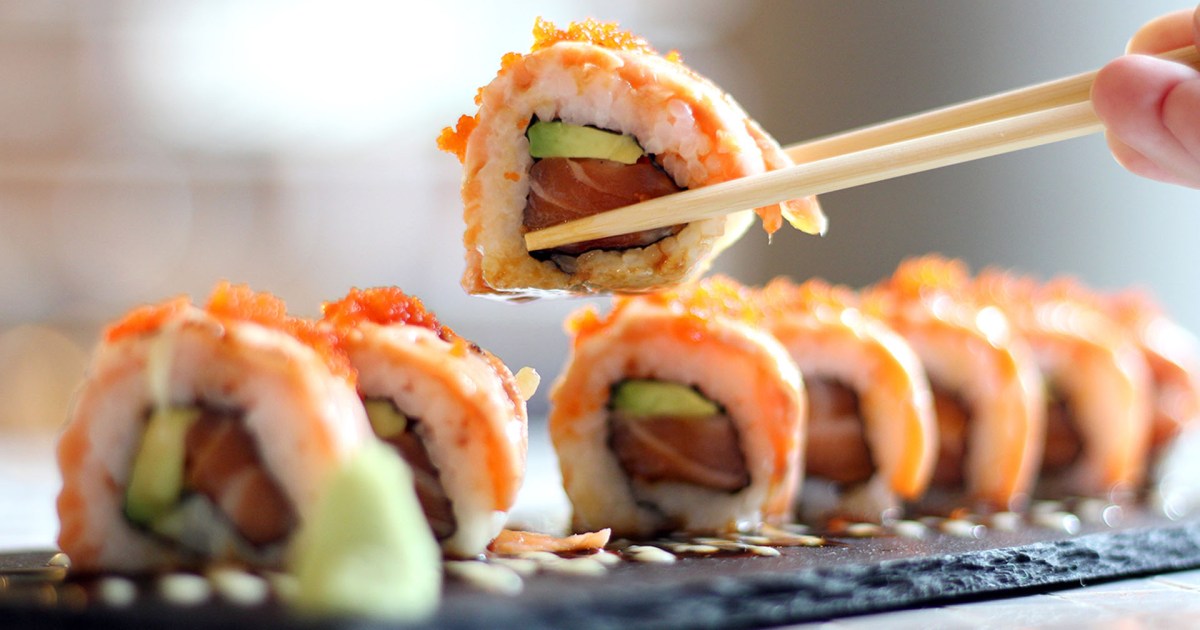A healthy weight increases the likelihood of long life, while belly fat (rumen) increases the risk of diseases, so what are the main foods that help you lose belly fat?
And what does the Japanese diet teach us for longevity?
Let's start with the foods that help lose belly fat, namely:
Eggs and dairy products
The many proteins found in eggs may help get rid of belly fat, according to a report in the German magazine "Freunden" quoted by the German News Agency. These proteins help build muscle, which in turn burns calories. In addition, the calcium in dairy products is considered It is an important component that helps the body burn fat.
Walnuts and almonds
Nuts are one of the most important foods that help eliminate fats because they contain fiber, proteins and good fats, especially those found in walnuts and almonds.
Whole grains
The fiber in wholegrain products helps you feel full, eat less, and get rid of fat, and oatmeal in particular is one of the good options for this.
- Green tea
Drinking green tea helps lose belly fat.
In order for these foods to work, the following conditions must be observed:
1- To be eaten in moderation.
2 - That the person eats less calories than he burns daily, so the body is forced to compensate for the difference by burning fat
3- To engage in moderate physical activity every day for 30 minutes, for example.
"Hara Hashi Boo"
Let us now go to Japan, specifically to Okinawa, Japan, where people live for more than a hundred years and are in good health, so what is the secret behind that?
Geographical scientist and writer Dan Butner published a report on the CNBC website, which was reported by Deutsche Welle, in which he said that the secret of the Japanese island lies in the diet followed by its inhabitants, namely, "Hara Hashi Po".
This diet has two implications: 1- Contentment
Meaning, you are satisfied with eating to a maximum of 80% of what we want to eat so that we do not reach the level of satiety.
Thus, we control the rate of calories that we give our bodies, and Buettner explains that the average in Okinawa people does not exceed 1900 calories per day.
2- Slow eating
This is very logical, as doctors have found that the body needs about 15 to 20 minutes to feel full, which means that the more slowly we eat, the more we feel at the appropriate time of satiety.
In an interview for "CNBC," says nutritionist Brian Wansenken: There is a clear difference in the number of calories recorded for the American when he declares that he is "satiety" and for the Okinawan citizen when he says "he no longer feels hungry."
The researcher concluded that "we are surreptitiously gaining weight because we eat a lot, or because we eat more every day without thinking about it."
Rumen risks
Belly fat is a serious health problem, and when it combines with high blood pressure, high blood sugar and blood fats, doctors call this condition "metabolic syndrome."
The combination of these factors raises the risk of a life-threatening heart attack or stroke.
And it is possible to know whether belly fat is dangerous by measuring the circumference of the waist, by placing a tape measure on the middle in the area between the ribs and the pelvic bones.
And it becomes dangerous if the waist size is more than 102 cm in men and 88 cm in women.

